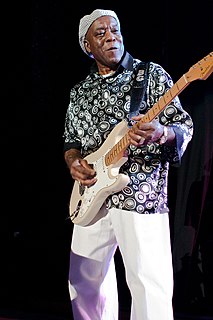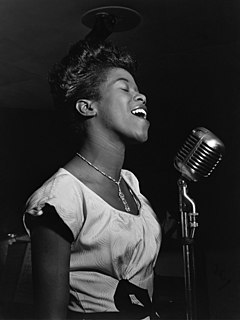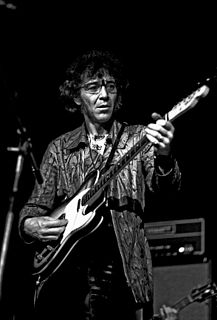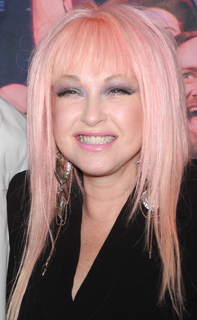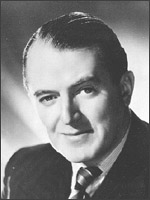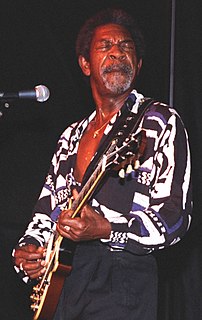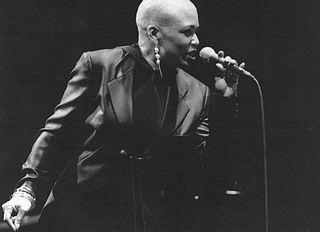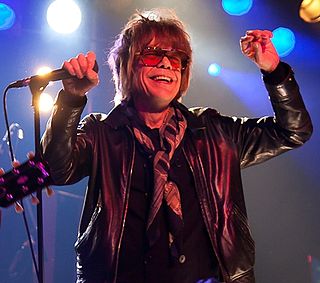A Quote by Buddy Guy
The jazz and blues clubs are like the jazz and blues musicians - they're disappearing.
Quote Topics
Related Quotes
I don't know why people call me a jazz singer, though I guess people associate me with jazz because I was raised in it, from way back. I'm not putting jazz down, but I'm not a jazz singer...I've recorded all kinds of music, but (to them) I'm either a jazz singer or a blues singer. I can't sing a blues – just a right-out blues – but I can put the blues in whatever I sing. I might sing 'Send In the Clowns' and I might stick a little bluesy part in it, or any song. What I want to do, music-wise, is all kinds of music that I like, and I like all kinds of music.
I visited New York in '63, intending to move there, but I noticed that what I valued about jazz was being discarded. I ran into `out-to-lunch' free jazz, and the notion that groove was old-fashioned. All around the United States, I could see jazz becoming linear, a horn-player's world. It made me realize that we were not jazz musicians; we were territory musicians in love with all forms of African-American music. All of the musicians I loved were territory musicians, deeply into blues and gospel as well as jazz.
I remember the first time I was booked into a jazz club. I was scared to death. I'm not a jazz artist. So I got to the club and spotted this big poster saying, 'Richie Havens, folk jazz artist.' Then I'd go to a rock club and I'm billed as a 'folk rock performer' and in the blues clubs I'd be a 'folk blues entertainer.'
I was born in Philadelphia, Pennsylvania, and am a product of a family that were jazz aficionados and also very interested in progressive politics. And so I had a lot of artists and musicians in my home. Lots of Latin music, folk, and jazz and blues, bluegrass-type of stuff. Painters and stuff like that.
I have always loved jazz music and as a teen growing up in New York City and then later on as an adult have great memories of the jazz clubs that were all located on 52nd Street. I still catch as many jazz shows as I can when I am in New York. And when I perform, I have my jazz quartet by my side. Jazz musicians keep things spontaneous and very "live," which is the way I like to perform.
I'm a bluesman moving through a blues-soaked America, a blues-soaked world, a planet where catastrophe and celebration... "Joy and Pain" - sit side by side. The blues started off in some field, in some plantation, in some mind, in some imagination, in some heart. The blues blew over to the next plantation, and then the next state. The blues went south to north, got electrified and even sanctified. The blues got mixed up with jazz and gospel and rock and roll.
